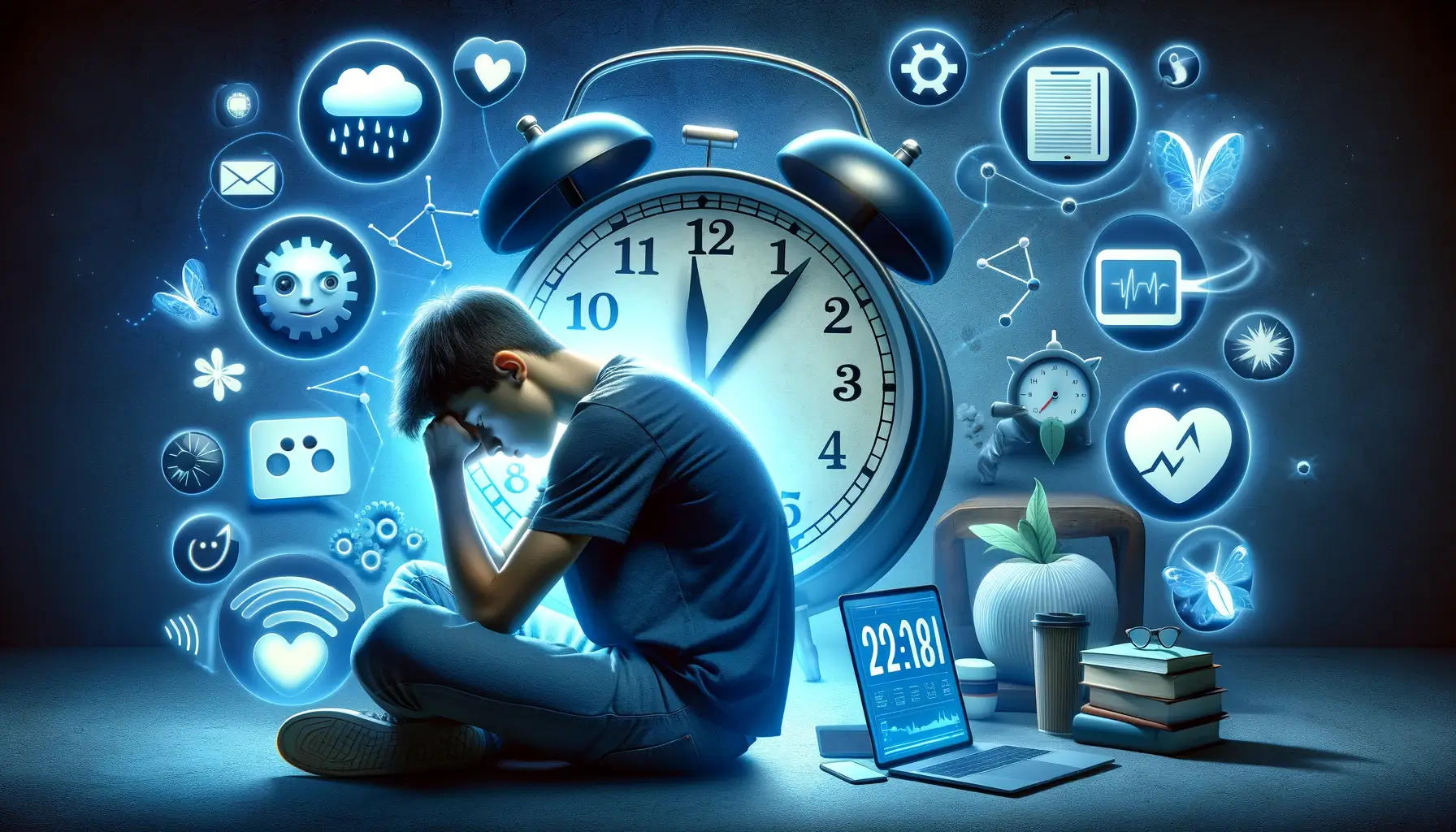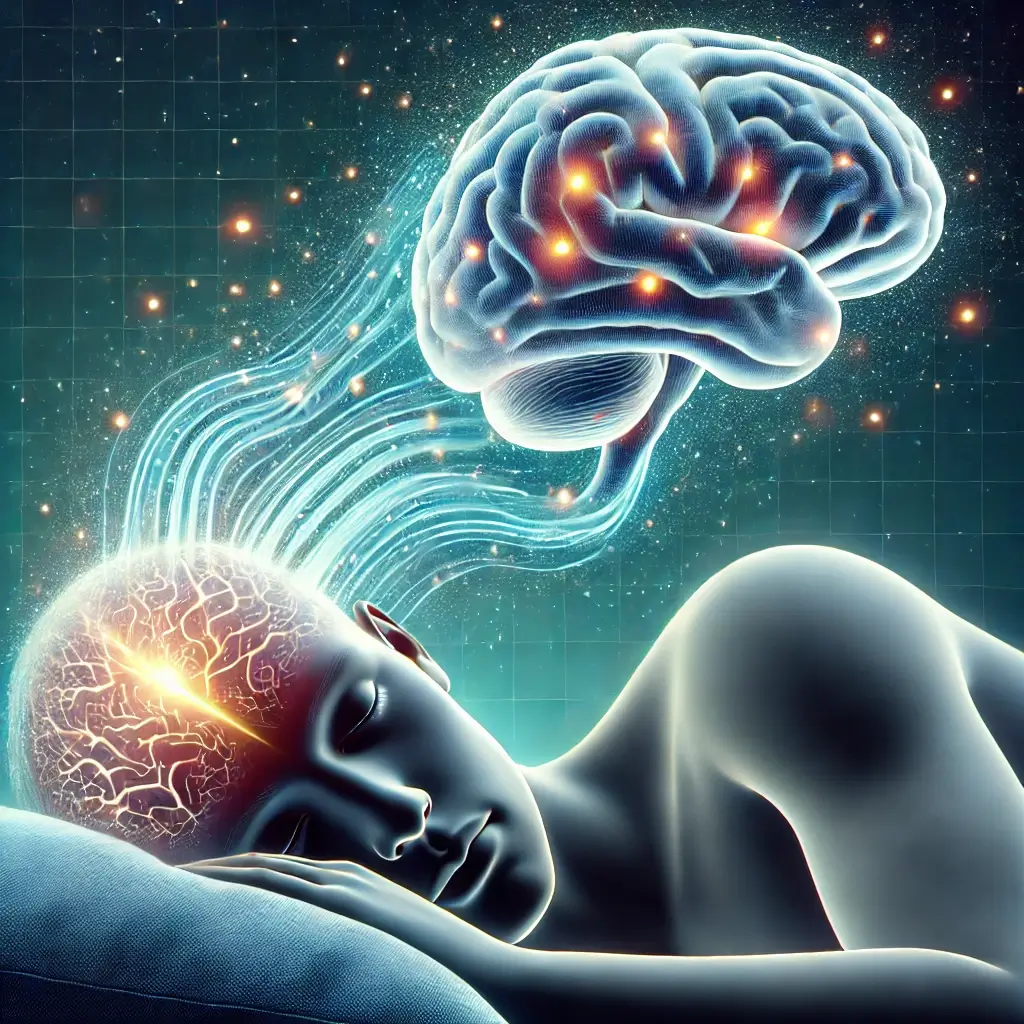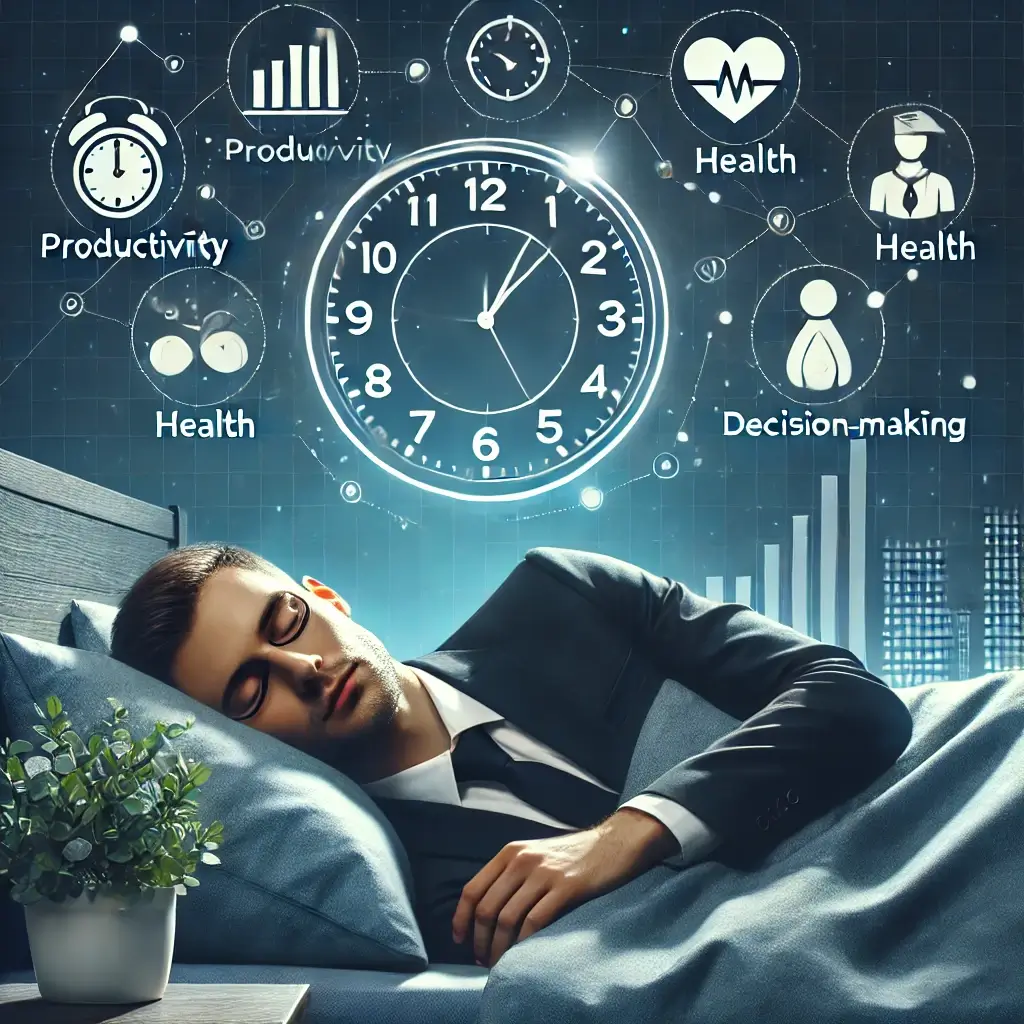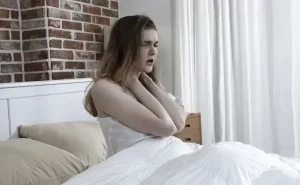Sleep and Depression: How One Affects the Other and What You Can Do About It
The Intricate Connection Between Depression and Sleep
Depression and sleep difficulties are frequently linked, forming a tough cycle that can be difficult to overcome. When someone is depressed, they may experience insomnia or difficulty falling asleep.
The Vicious Cycle of Sleep Deprivation and Depression
Chronic sleep deprivation, on the other hand, can exacerbate depressive symptoms and make it more difficult to function in daily life. This cycle can result in a downward spiral, with one condition aggravating the others.
Seeking Professional Help to Break the Cycle
Individuals experiencing this pattern should get support from a healthcare practitioner. Therapy, medication, and lifestyle modifications can all help treat depression and sleep difficulties. Breaking the cycle allows people to enhance their mental health and overall well-being.
Depression’s Impact on Sleep Patterns
Insomnia refers to difficulty falling asleep, sleeping, or waking up too early. Hypersomnia refers to excessive daytime sleepiness.
The Effects of Poor Sleep on Depression
Inadequate sleep can impair mood, energy, and attention. Sleep deprivation has impaired cognitive function, including decision-making, problem-solving, and memory.
Holistic Approach to Wellness
To achieve optimal well-being, both depression and sleep difficulties must be addressed.













